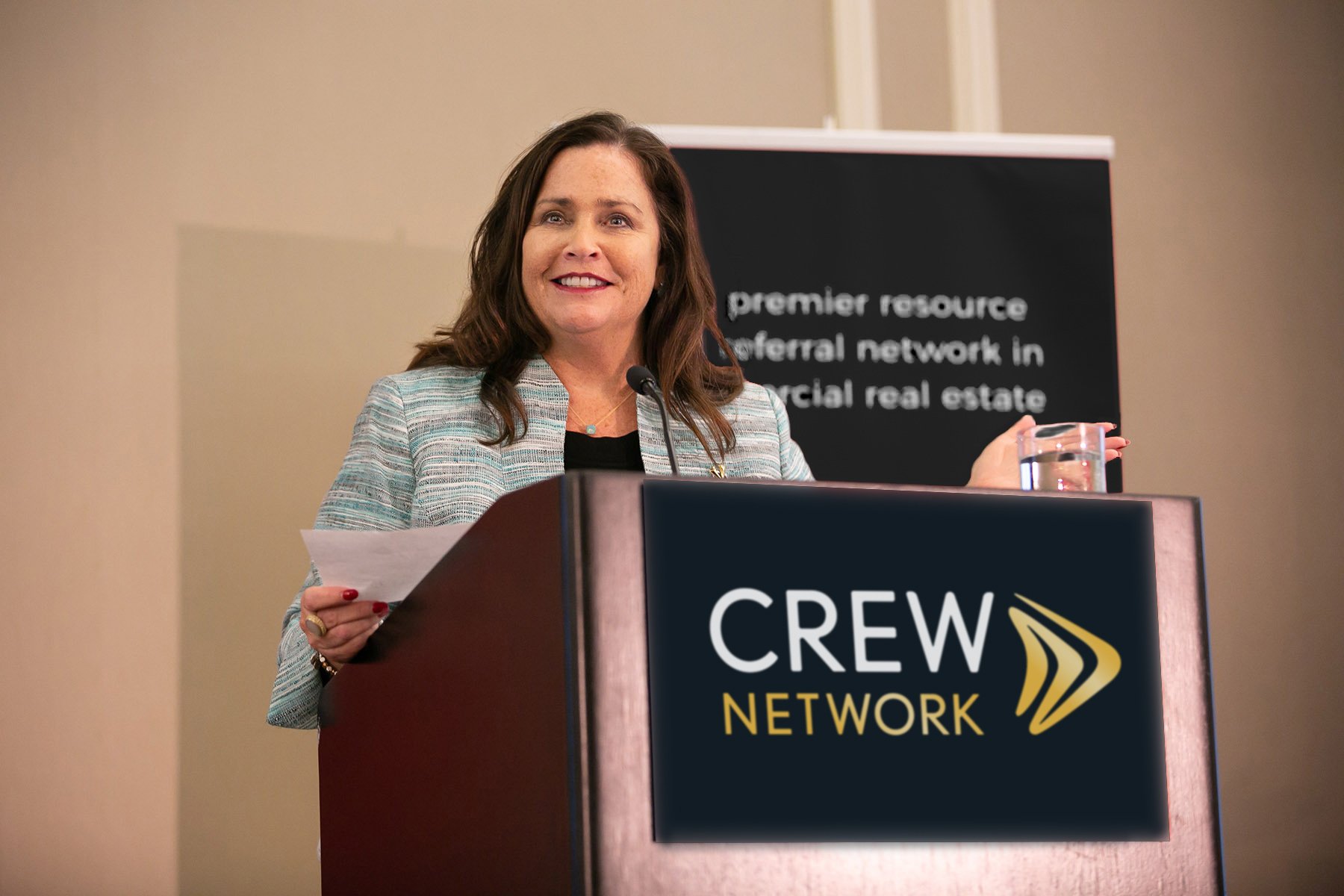NEW YORK — The social unrest in 2020 brought a new importance to businesses' diversity, equity and inclusion (DEI) efforts. For commercial real estate organizations, advancing and nurturing underrepresented populations starts with a key understanding, says Muriel Thompson, Colliers' North America director of social impact and employee relations, and Karen Whitt, the company's president of real estate management services and North America co-executive sponsor for DEI.
"The most important element is to find ways to challenge our own biases," Thompson says. "We're most prone to seeing the biases that we expect to see, so we need to make sure that the people who don't often speak up do so, so we know what their experiences are."
George Floyd's death in 2020, along with the protests and social unrest that ensued, was a watershed moment for race relations in the country and DEI awareness in the business sector. Without hesitation, Colliers' U.S. President and CEO Gil Borok issued a national communication to appeal to these vital principles and emphasize the importance of always doing what is right for clients, people and communities. His leadership effectively gave permission for others to address these critical issues, Thompson noted.
Recommended For You
Since that time, Colliers has established Employee Resource Groups, for women, African Americans, Hispanic and Latino professionals, LGBTQ, veterans, and working parents and caregivers between November 2020 and the present. The Black Professionals ERG grew out of the company's Black Equality Task Force.
"The ERGs are key to making our environment feel welcoming, but it must go beyond that," says Thompson. "We want these groups to have a real seat at the table, and a chance for growth and advancement by improving representation, including at the leadership level. And we are also making sure to bring current management along with our focus on inclusive leadership training."
Thompson emphasized the importance of creating solutions for all DEI buckets that mirror the employee life cycle. The number obviously matters, but the quality of dialogue and support must also be there. The stakes have never been higher for companies to get DEI right in both meaningful and sustainable ways, as employees have so many work options now and diverse talent is highly sought after.
"Last year really changed a lot of things," Thompson adds. "It was interesting to watch companies that were vocal and outward facing with DEI goals post-George Floyd. We want to get our goals right because in the end, when you under-deliver, you can hurt your both your brand and your efforts in this space."
As the simple saying goes, the world doesn't care how much you know, it wants to know how much you care. And industry leaders aren't judged solely by the bottom line anymore.
"There is still a lot of work to be done, of course, but the CRE industry is beginning to lean in the right direction," Whitt says. "From the growth of CREW (Commercial Real Estate Women) to awards like the GlobeSt.com Women of Influence and the development of DEI groups at a lot of companies in the space, I think we will continue to see momentum."
© Touchpoint Markets, All Rights Reserved. Request academic re-use from www.copyright.com. All other uses, submit a request to [email protected]. For more inforrmation visit Asset & Logo Licensing.




